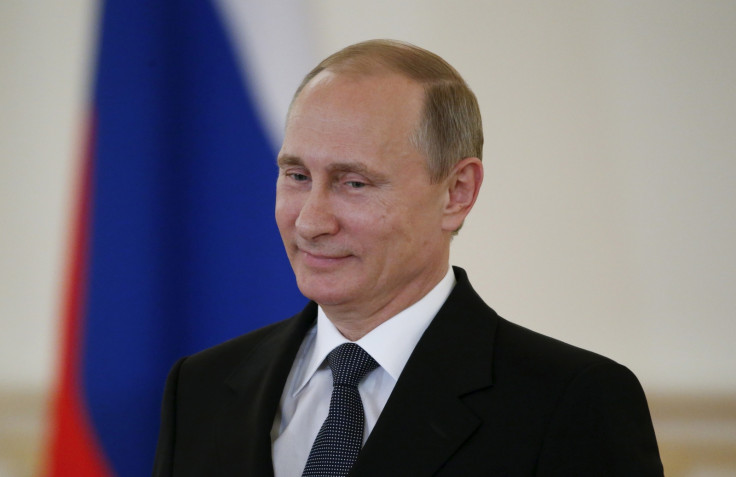Most Russians fear imminent war with the West, but Putin's popularity has reached record high

More than half of Russians fear war with the West in the near future, according to the findings of an independent poll within the country. Despite this, President Putin's approval rating has reached an all-time high.
The findings come from two recent polls by the Levada Centre in Moscow, as reported by The Times. One poll gave the president an approval rating of 89% – an all-time high which appears to reflect his hard-line stance against the West. The other indicated that 55% of Russians are either "afraid" or "very afraid" of "the possibility of war between Russian and western countries".
Maria Lipman, an independent analyst and journalist in Moscow, says there is an "obvious gap" between the public appetite for "pugnacious military propaganda" – which is most prominent in Putin's "nuclear chest thumping" – and the rising anxiety felt by many Russians.
That anxiety, she suggests, is a key reason why the Kremlin continues with denials that its troops are fighting in east Ukraine. Last month Putin signed a decree making it a criminal offence to report Russian military deaths in peacetime. While social media postings show that large numbers of Russians think their country is already at war, others prefer not to acknowledge the issue.
Meanwhile, both sides in the Ukraine conflict warn of a return to warfare in the near future. So far the conflict has claimed 6,400 lives. During the past fortnight, Nato has confirmed plans to "pre-position" hundreds of armoured vehicles near to the Russian border in eastern Europe. In turn, Putin has announced that Russia will add 40 intercontinental ballistic missiles to its nuclear arsenal this year.
The Kremlin's opponents believe that the state media is exaggerating the threat to Russia to distract the country from its economic crisis.
"The state channels are playing a terrible game with the public conscience," said Yevgenia Albats, editor of independent magazine The New Times. "It distracts from real problems if tomorrow there is a war."
© Copyright IBTimes 2025. All rights reserved.





















